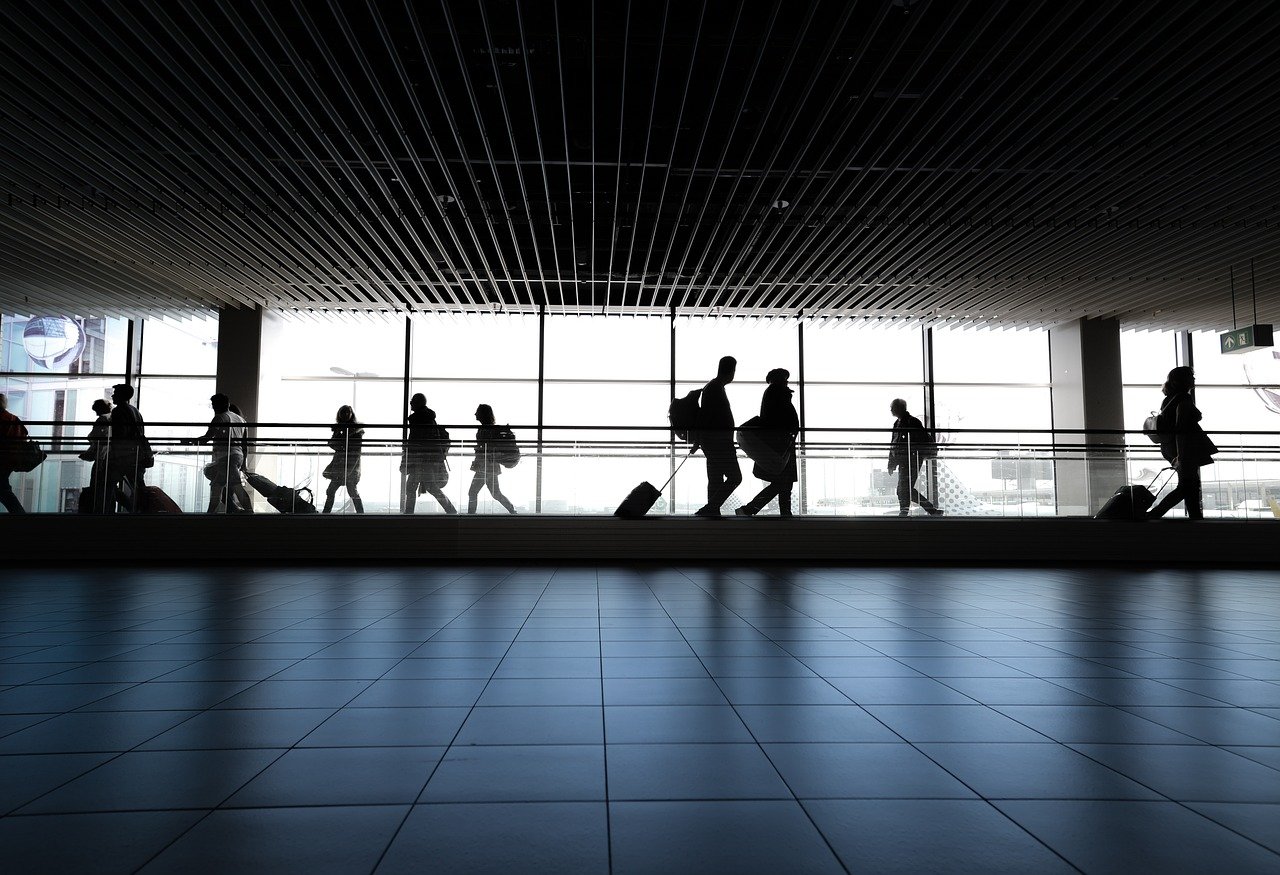Travel during the holidays isn’t what it once was. From Thanksgiving until the new year, due to inflation or recession and concerns about frequent travel delays, holiday travel demand has decreased. According to a new Deloitte Holiday Travel Study, only 31% of Americans intended to travel between Thanksgiving and mid-January. It’s a significant fall from the 42% surveyed in 2021.
“Financial considerations are the most significant drag on travel demand this year — 37% of non-travelers said it will be a reason not to travel. This emphasizes the continued impact of rising prices on travel demand,” said Mike Daher of Deloitte.
Families reuniting
Of those vacationing over the holidays, according to the study, the main motivation is to see family and friends. Fifteen percent of Americans plan to hit the road for Thanksgiving weekend, while 14% will for Christmas and New Year’s. This year’s average holiday travel budget, both transportation and lodging, will total an estimated $1,287 per trip. One out of four of travelers is expected to spend more.
“Despite facing economic headwinds and highly anticipated travel delays and cancellations, many travelers are destined to make the most of the season,” said Daher. “While fewer will travel, those who will take to the roads and skies will likely spend more than last year.”
With fewer people traveling, those crossing states should expect smoother sailing and more pleasurable experiences. “As the travel industry prepares for a weaker holiday season, Daher added, providers who focus on the customer experience and the needs of those who do venture out will be set to shine throughout the holidays and into the new year.”
Lodging demand is down
The lodging industry is facing the biggest hit this holiday season. Some 59% of travelers will likely stay with friends and loved ones, while 35% will stay in a hotel, a 2% dip from last year. Private rentals will see a 2% decrease as well. Economic factors and personal preferences are key drivers of the changes in lodging demand currently.
“The slight decrease in overall travel intent is mostly attributable to fewer Americans taking leisure vacations and staying in paid lodging,” Daher explained. “Though, we do still expect hotels and private rentals to be busy this season. Trips to visit friends and relatives are happening at a rate similar to 2021.”
Bleisure travel is up
Bleisure travelers account for a significant portion of those taking trips over the holidays. More than 25% of travelers plan on working. In fact, those planning on working over holiday vacations take longer trips. The largest age segment of bleisure travelers is 18 to 34 (37%), followed by those 35 to 54 years of age (27%).
However, those who combine personal and business travel will spend less compared to others. Their budgets will reflect deals and discounts, not to mention avoid the more costly travel days.
“Hotels, airlines, and other travel industry organizations should focus on deals for this group, highlighting non-peak days and ways to get the most out of their budget. In addition, providing technology amenities as well as developing spaces to accommodate work could help attract the remote worker group,” Daher said.
Average travel time
Thanksgiving is the busiest travel time this holiday season. However, the trips are short. An estimated 80% of those traveling will take trips of one week or less. For comparison, nearly half of those traveling in January will travel for more than a week. About 50% of holiday travelers will board airplanes, which is an increase from last year’s 37%. Some 29% will fly domestically, although there are more intentional travelers compared to 2021. There is an expected 7% increase in intentional travel this holiday season.
Although there are fewer travelers this year, opportunities remain for companies to create lasting relationships with consumers.
“Increasingly, relevancy at the individual customer level is becoming the new competitive battle with companies moving toward direct relationships, expanding into new channels, new brands, new service models, and new formats to meet varying needs,” Daher said. “This, along with personalized offerings, and shifting the overall approach from a traditional mass market approach to increasingly micro messages and offers is where the industry is going.”
___________________________________________
If you liked this article, sign up for SmartBrief’s free email newsletter for the business traveler. They’re among SmartBrief’s more than 250 industry-focused newsletters.
